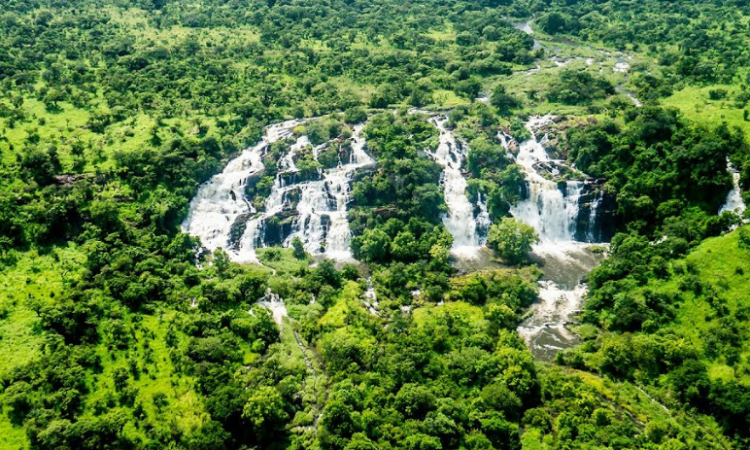A new study by the Africa Institute for Energy Governance (AFIEGO) has revealed significant concerns among Uganda’s tourism sector stakeholders about the impact of the country’s oil and gas industry on their livelihoods.
The community-based research, conducted with 66 participants including tour operators, guides, travel agents, drivers, hotel workers, and food service providers, also unearthed the tension between tourism and oil activities.
The study found that 98.1% of respondents consider biodiversity conservation critical to their livelihoods, with only 1.9% viewing it as moderately important. Stakeholders identified key threats to the tourism industry, including biodiversity destruction (22.5%), underfunding (17.4%), climate change (16.9%), oil and gas activities (13.5%), and road development in protected areas (8.4%).
Notably, oil and gas activities contribute to 61.3% of these threats through their impact on biodiversity, climate change, and infrastructure development in sensitive areas.
While some stakeholders acknowledged potential benefits from the oil industry, such as improved infrastructure and increased demand for travel services, micro and small tourism businesses in oil host districts like Buliisa and Kyotera reported minimal gains.
Instead, they said they faced challenges including increased competition, rising commodity prices, and human-wildlife conflicts. One participant described government and oil company promises of prosperity as misleading, stating, “Oil liars who led me to business distress.”
AFIEGO’s CEO, Dickens Kamugisha, emphasized the need to protect ecosystems vital to tourism.
“Tourism depends on intact ecosystems which must be protected from oil risks,” he said.
Stakeholders recommended designating protected areas as no-go zones for oil drilling, increasing tourism sector funding, and reducing taxes.







